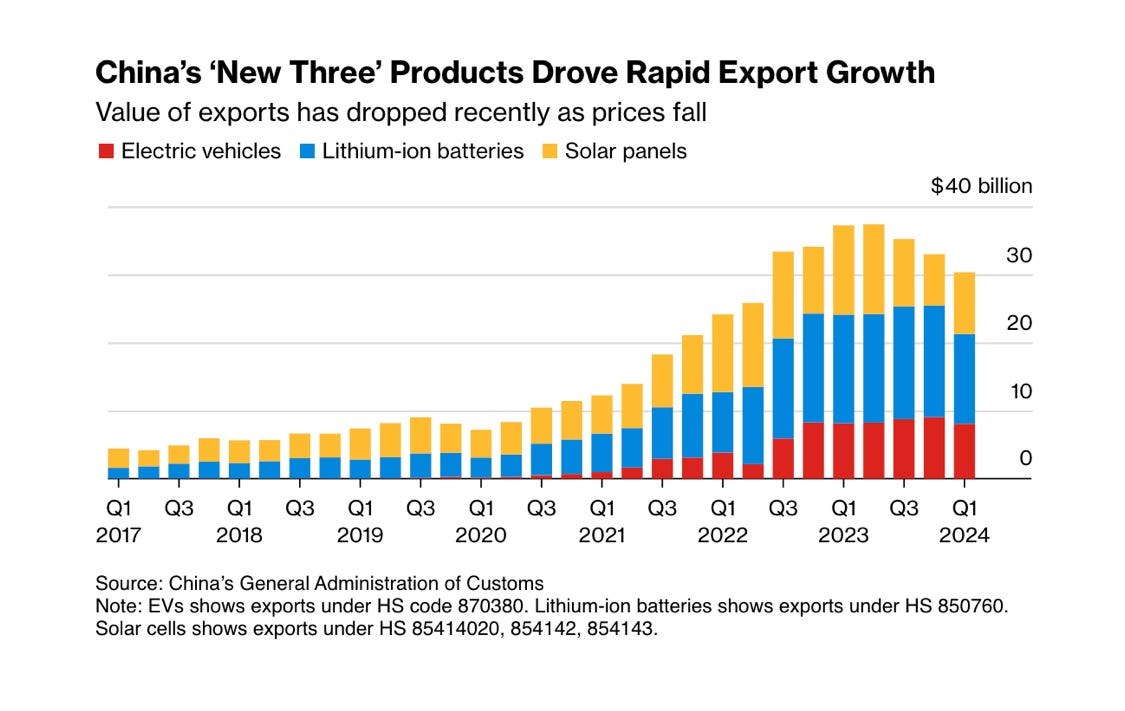Monday 13 May, 2024
Drakes!
You can tell what they’re thinking: where did those dratted females go?
Quote of the Day
”There is nothing noble in being superior to your fellow men. True nobility lies in being superior to your former self.
Ernest Hemingway
Musical alternative to the morning’s radio news
Smetana | Vltava (The Moldau)
I love the way this tone-poem creeps up on one. According to Wikipedia Smetana explained it thus:
The composition describes the course of the Vltava, starting from the two small springs, the Studená and Teplá Vltava, to the unification of both streams into a single current, the course of the Vltava through woods and meadows, through landscapes where a farmer’s wedding is celebrated, the round dance of the mermaids in the night’s moonshine: on the nearby rocks loom proud castles, palaces and ruins aloft. The Vltava swirls into the St John’s Rapids; then it widens and flows toward Prague, past the Vyšehrad, and then majestically vanishes into the distance, ending at the Elbe.
I couldn’t spot the mermaids, alas. But that’s a mere detail as the music sweeps one along.
Long Read of the Day
Helen Lewis on Writing
Lovely blog post by a formidable journalist, with some great advice for the rest of us on the process of writing and reporting at length.
I particularly like her closing paragraph:
Park downhill. At the end of every day, finish your writing by stopping halfway through a thought—maybe even halfway through a sentence. That way, there is a small task to complete the next day, helping you navigate the hardest movement in a writer’s life: sitting down at your desk.
I learned that trick a long time ago, and it never fails.
Books, etc.
A new book by Marion Fourcade and Kieran Healey looks interesting. The blurb reads:
We now live in an “ordinal society.” Nearly every aspect of our lives is measured, ranked, and processed into discrete, standardized units of digital information. Marion Fourcade and Kieran Healy argue that technologies of information management, fueled by the abundance of personal data and the infrastructure of the internet, transform how we relate to ourselves and to each other through the market, the public sphere, and the state.
The personal data we give in exchange for convenient tools like Gmail and Instagram provides the raw material for predictions about everything from our purchasing power to our character. The Ordinal Society shows how these algorithmic predictions influence people’s life chances and generate new forms of capital and social expectation: nobody wants to ride with an unrated cab driver anymore or rent to a tenant without a risk score. As members of this society embrace ranking and measurement in their daily lives, new forms of social competition and moral judgment arise. Familiar structures of social advantage are recycled into measures of merit that produce insidious kinds of social inequality.
While we obsess over order and difference―and the logic of ordinality digs deeper into our behaviors, bodies, and minds―what will hold us together? Fourcade and Healy warn that, even though algorithms and systems of rationalized calculation have inspired backlash, they are also appealing in ways that make them hard to relinquish.
Henry Farrell has an interesting essay about it already.
LLMs could free up programmers to do more interesting stuff
Yesterday’s Observer column:
I once wrote when writing a history of this technology, “being a programmer is like being Napoleon before the retreat from Moscow. Software is the only medium in which the limits are exclusively those set by your imagination.”
This is why, when large language models (LLMs) such as ChatGPT emerged, many people were flabbergasted to discover that not only could these machines compose coherent English sentences, but they could also write computer programs! Instead of having to master the byzantine intricacies of C
++or Python in order to converse with the machine, you could explain what you wanted it to do and it would spit out the necessary code. You could program the machine in plain English!How was this possible?
Apropos… Bill Janeway (Whom God Preserve) pointed me to an interesting 2023 NBER article by Erik Brynjolfsson, Danielle Li & Lindsey R. Raymond, the Abstract for which reads:
New AI tools have the potential to change the way workers perform and learn, but little is known about their impacts on the job. In this paper, we study the staggered introduction of a generative AI-based conversational assistant using data from 5,179 customer support agents. Access to the tool increases productivity, as measured by issues resolved per hour, by 14% on average, including a 34% improvement for novice and low-skilled workers but with minimal impact on experienced and highly skilled workers. We provide suggestive evidence that the AI model disseminates the best practices of more able workers and helps newer workers move down the experience curve. In addition, we find that AI assistance improves customer sentiment, increases employee retention, and may lead to worker learning. Our results suggest that access to generative AI can increase productivity, with large heterogeneity in effects across workers.
Chart of the Day
h/t Brad DeLong
My commonplace booklet
Study reveals how much carbon damage would cost corporations if they paid for their emissions.
Really interesting finding. Basically, their profits would be halved — at best.






